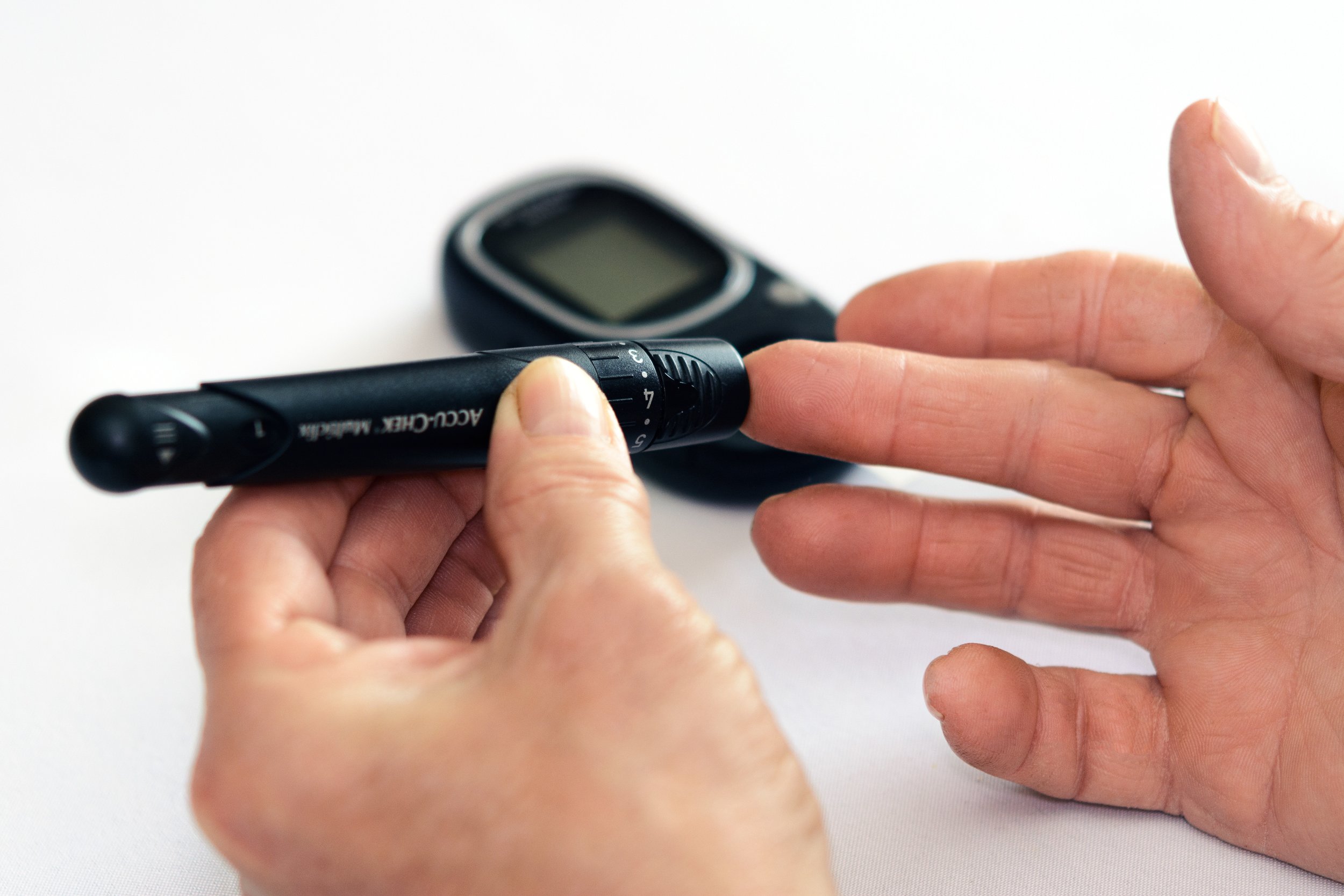How to Train for Triathlon with Diabetes
Diabetes is a chronic disorder characterized by high blood sugar and disruption of the metabolism of carbs, fats and proteins. Insulin, which is made by the pancreas, normally maintains blood glucose levels. People with type 1 diabetes are insulin dependent - their body does not secrete enough of it. People with type 2 diabetes are non-insulin dependent - insulin no longer works to decrease their blood glucose levels. Both can lead to long term damage and dysfunction of tissues and organs.
For people with type 1, exercise helps to promote overall health and improve your heart’s function. For people with type 2, exercise improves blood glucose levels. What is glucose?
When food is digested it becomes glucose. Glucose is stored in the liver as glycogen. When there is too much glucose in the blood, insulin is released and fat cells take in the glucose. When blood glucose levels drop, the glycogen is converted back to glucose and used as energy. During exercise, the body consumes a greater amount of oxygen. To meet this energy demand, the body uses glucose, taking it out of your bloodstream. Muscles can use glucose without insulin when you are exercising. So, it doesn’t matter if you are insulin resistant or don’t have enough insulin - when exercising, your muscles get the glucose they need and blood glucose levels go down.
Exercise can also help people with diabetes avoid long term complications - especially heart problems. Diabetic people are at an increased risk of developing blocked arteries, which can lead to a heart attack. Exercise helps to keep your heart healthy and strong while maintaining good cholesterol.
If diabetic, make sure to check your blood glucose level before exercising. Make sure to have a snack with you. Honey or fruit juice are great options if you begin to feel lightheaded. It is important to also monitor your glucose levels up to 12 hours after exercising. With the proper conversation with your doctor and a well educated coach endurance exercise is great for aiding in managing diabetes.


